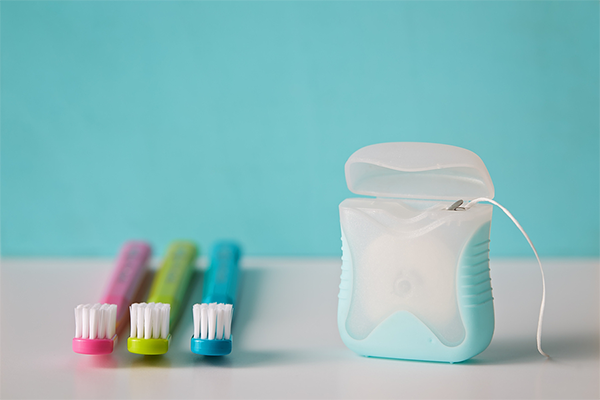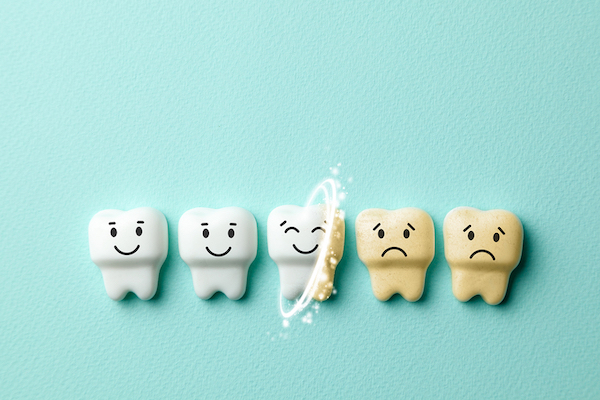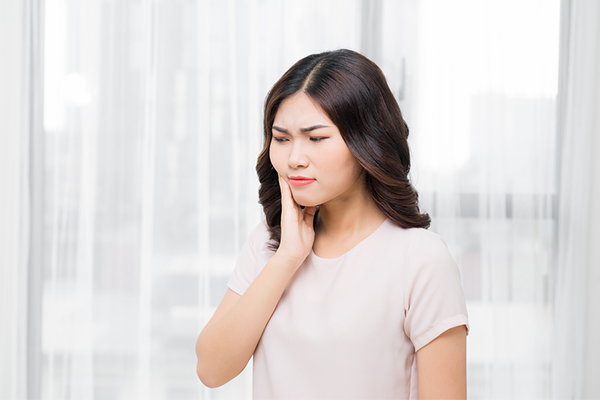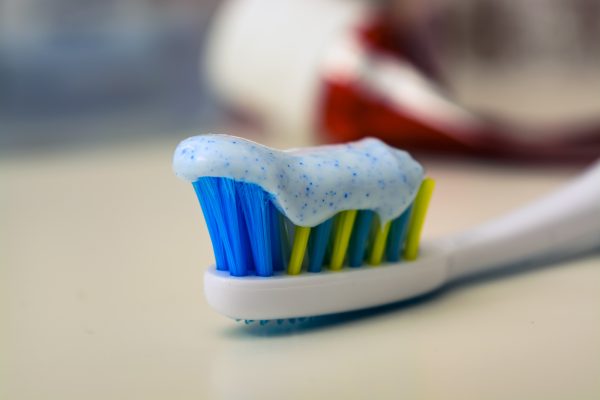“I don’t have time for flossing.”
“When I floss, my gums bleed, and it hurts!”
We’ve all heard the response to these common excuses:
“You know, if you make time for daily flossing, you won’t bleed, and it’ll hurt less.”
You nod and mutter a muffled “uh huh” in agreement, because you have the dental hygienist’s tools and fingers in your mouth – and because we all know that he or she is right.
Yet, somehow, six months go by. You’re mentally preparing for your next appointment, and the floss, which you had every intention in using, is sitting alone in the goodie bag in which it came.
There’s good news for people who repeatedly find themselves in this predicament. The U.S. Departments of Agriculture and Health and Human Services removed flossing from the 2015-2020 Dietary Guidelines because the evidence fails to show the effectiveness of flossing. Some argue that this is because researchers haven’t been able to follow enough participants over enough time – or that we’re just bad flossers.
“Flossing is not a highly technical skill,” said Dr. William Bachand, a dentist at Augusta University Dental Associates said, “but the fact is that many individuals do it incorrectly.”
In response to the announcement, non-flossers may feel relieved, while stakeholder organizations like the American Dental Association and American Academy of Periodontology are adhering to their beliefs about the importance of flossing.
“Dental professionals will continue to recommend flossing as part of an overall program designed to improve or maintain oral health,” Bachand said.
To floss or not to floss? That is the question.
The decision is still up to you. If you’re not an avid flosser, then feel no shame in your anti-flossing game. If you are, then floss away to your heart’s content!
“Who wants to attend an important meeting with a piece of broccoli between their front teeth, when a simple piece of floss could cure this unfortunate occurrence?” Bachand said. “Evidence may not support that this act helps populations at large, but it will certainly help you.”





